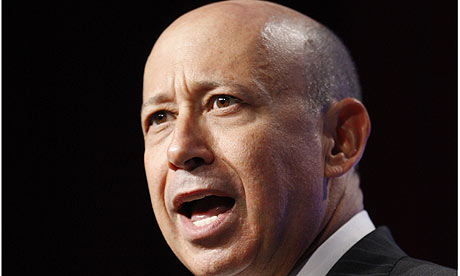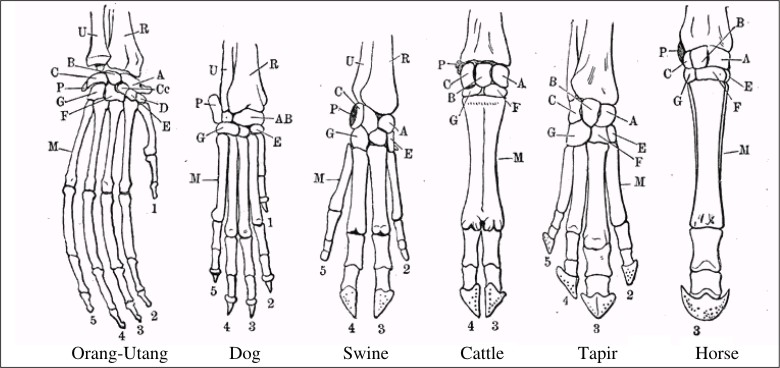Video - Dmitry Orlov Social Collapse Best Practices.
TruthOut | Clearly, our choices in terms of the future that we want to create will in time be largely determined by limitations in oil and other resources. It stands to follow that we can either have a last-man-standing orientation in which only the most affluent and powerful people have lavish supplies of expensive energy and material goods or we can foster deglobalization, which leads into equitable sharing of resources, job creation, strengthening of community ties, assurance that local resource bases are not exceeded and creation of a social foundation that does not increasingly divide the world between the rich and the poor members of society.
The second option, also, protects against the sort of widespread financial collapse that occurs in the buoy model. In such an arrangement, a descending buoy, when additional buoys are hooked by a line to a sinking one, drags the others to some degree downward based on proximity wherein the ones having the closest connections are pulled down the most. Alternately put, guess what happens next when one's own economy, assets, social well-being and so forth are precariously linked to declining partners. Is it a structurally safe arrangement?
All considered, it is easy to notice that some individuals and countries faring relatively well throughout the ongoing recession are ones whose economic foundations have been largely isolated from worldwide influences. Moreover, the nations mostly immune to the downturn tend to be oriented toward serving the needs of their own populations, have been largely regionalized in focus and generally have smaller, comparatively simple, manageable economies, as the US and other countries, in my opinion, should aim to duplicate as much as possible.
In the end, "Our country's leaders have three main choices: Taking over someone else's oil fields until they are depleted; carrying on until the lights go out and Americans are freezing in the dark; or changing our life style by energy conservation while heavily investing in alternative energy sources at higher costs," according to Charles T. Maxwell. I would add to his perspective that our leaders and the rest of us must, in fairly short order, start creating self-reliant, ecologically healthy communities, ones that are durable and flexible so as to reasonably withstand difficult outside forces, such as lack of sufficient oil or, in the least, the crippling, post-peak oil prices that will come to pass. Only if we successfully do so can we avoid the most dire consequences from the severe deficits to come.
With the current peak-oil interval, we have a grace period when oil is still fairly inexpensive and abundant. At the same time, we cannot expect our government leaders to help society transition off of heavy oil dependence on account of their being controlled by "big business" interests. Therefore, it is up to average citizens to create the reforms that lead into localized economic and social development. If the enterprise is not actively taken in a timely fashion, the resultant chaos, as pointed out by Dmitry Orlov in "The Five Stages of Collapse," will be unavoidable.













